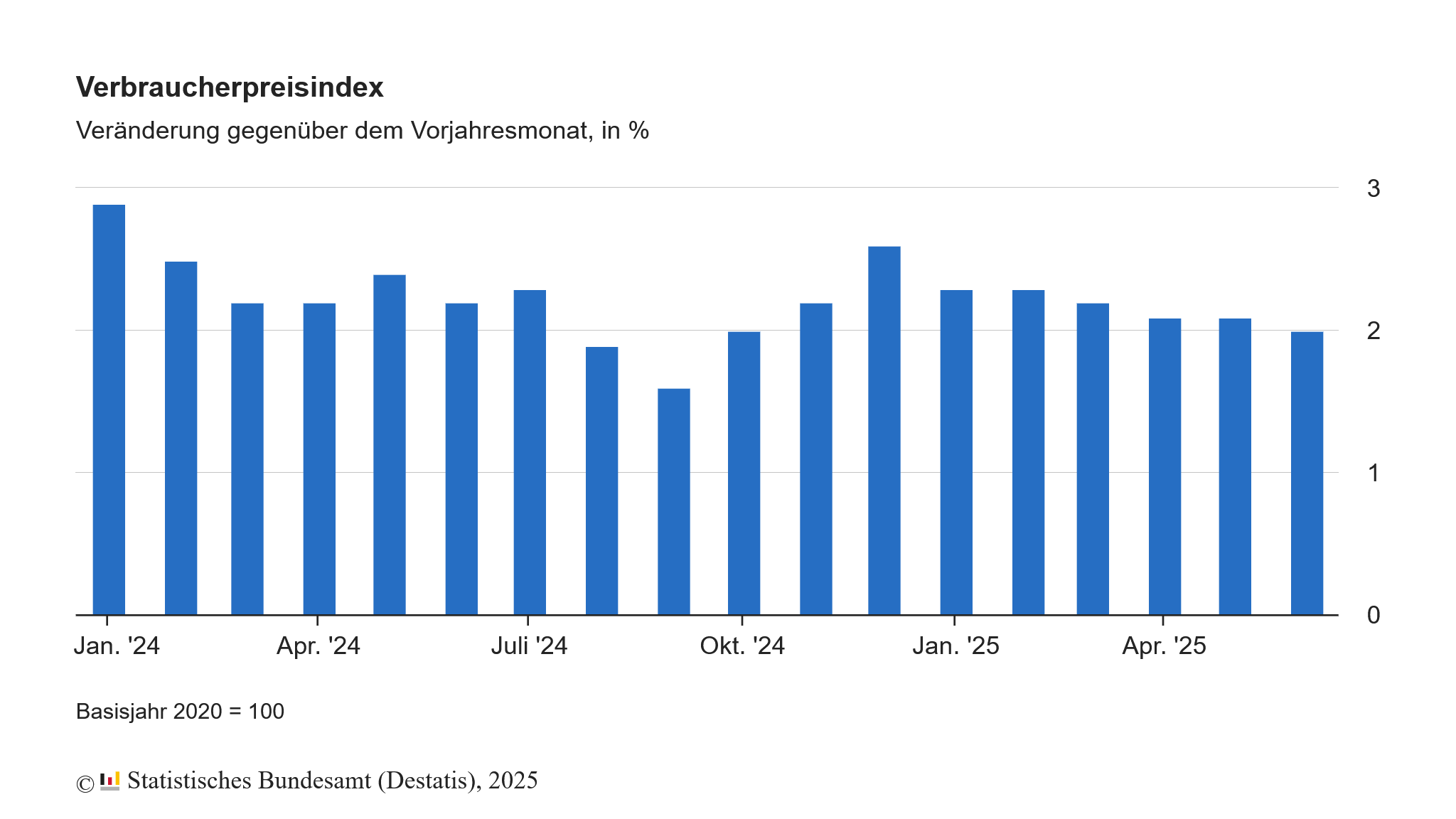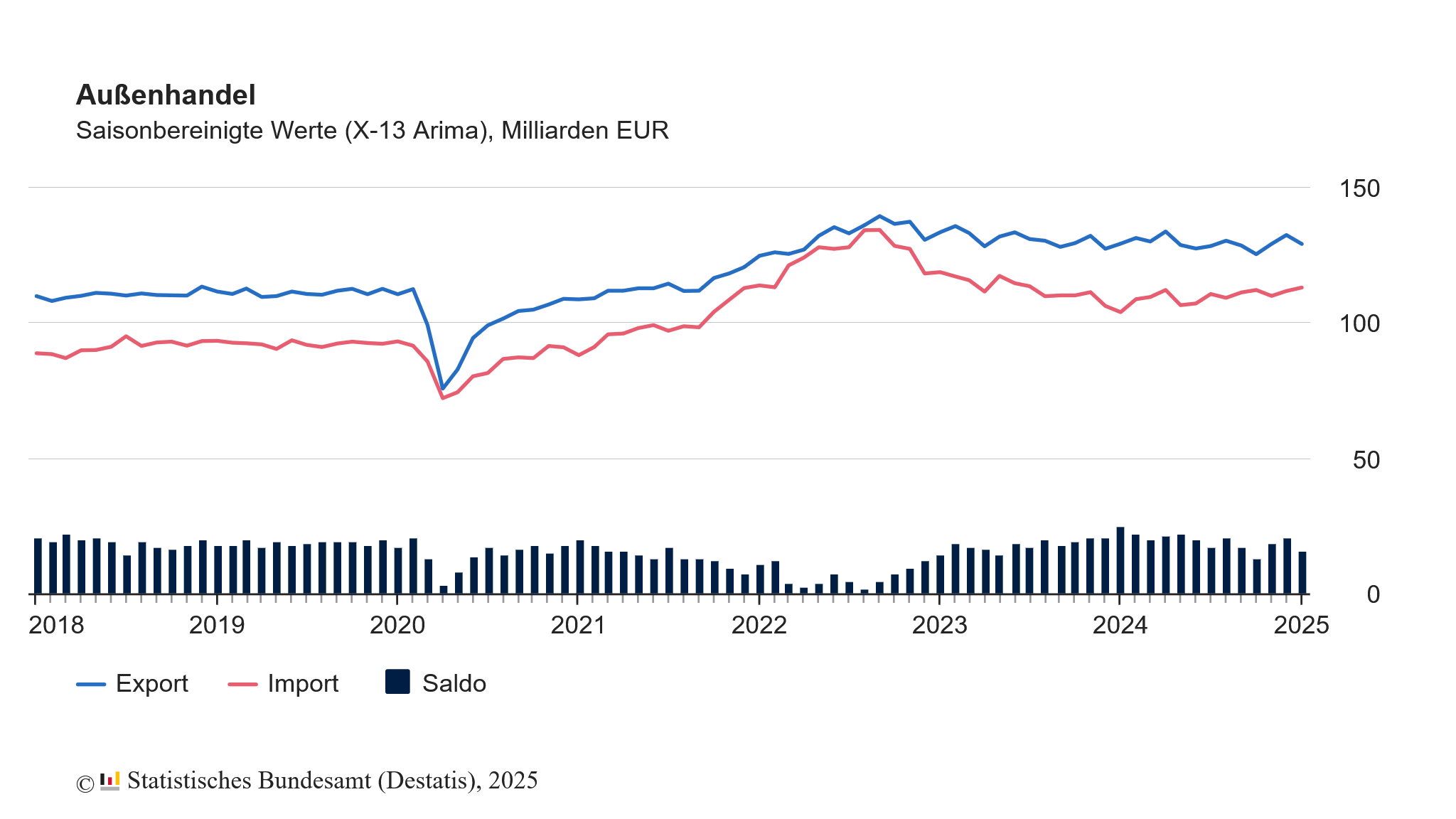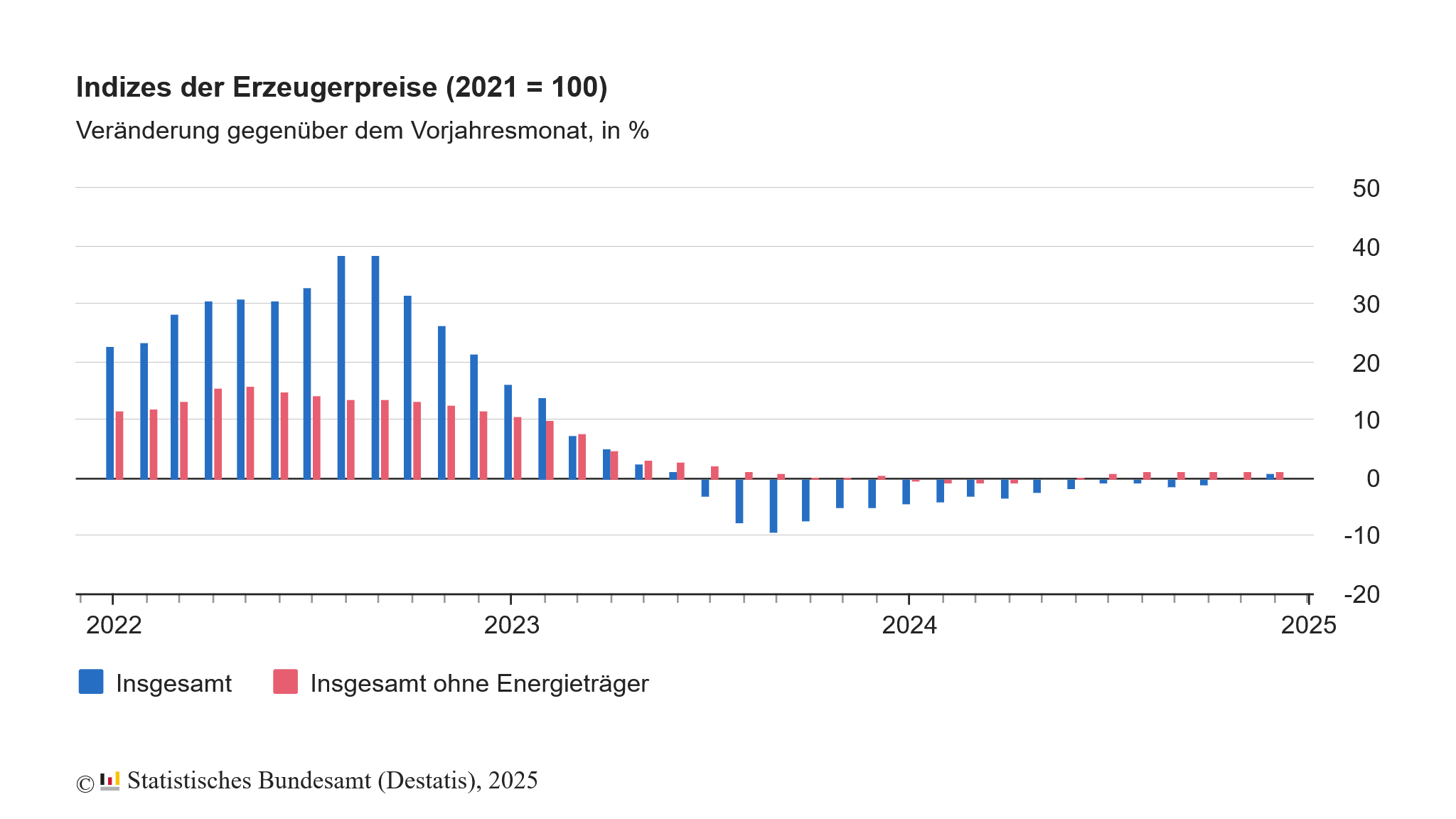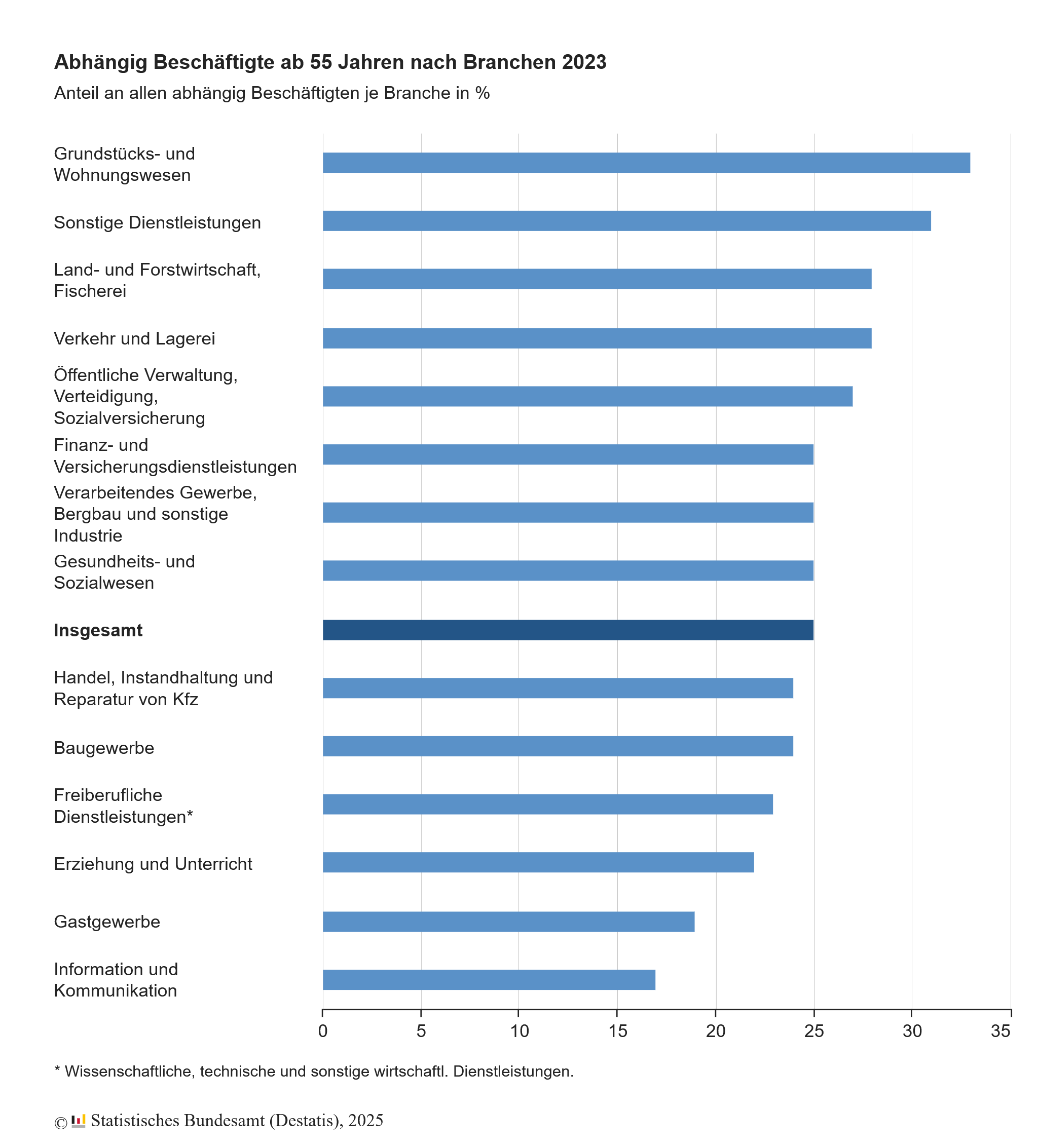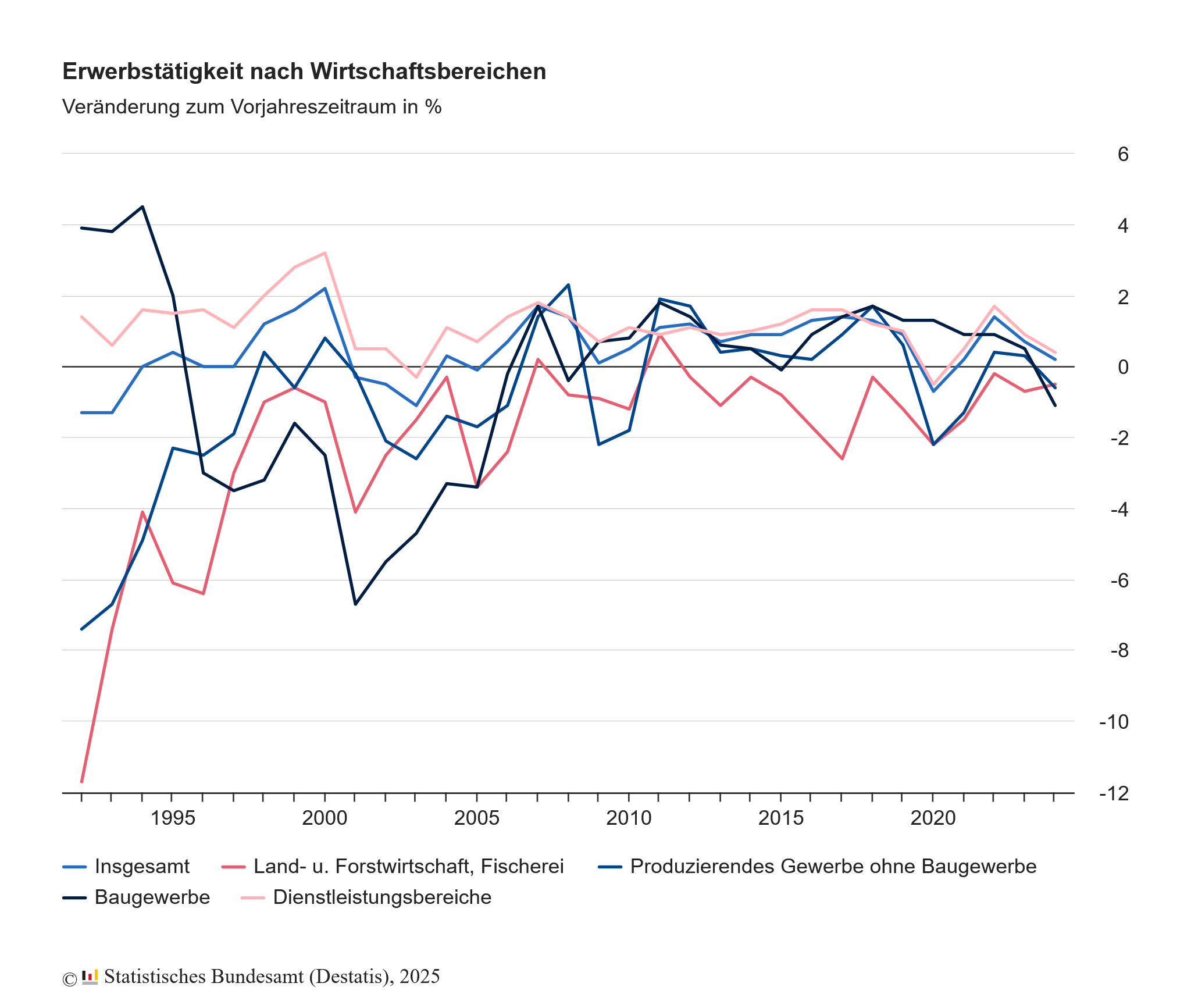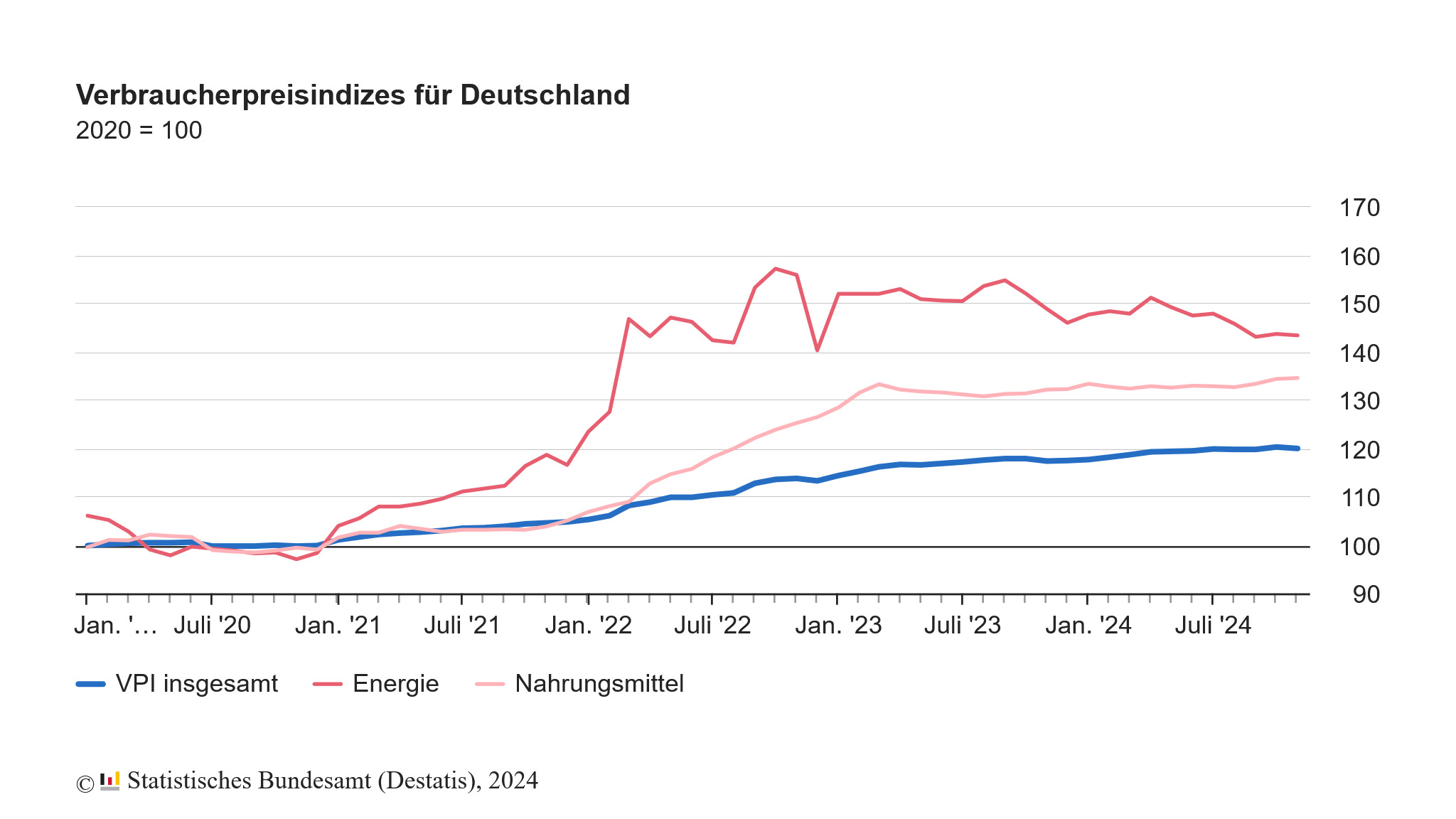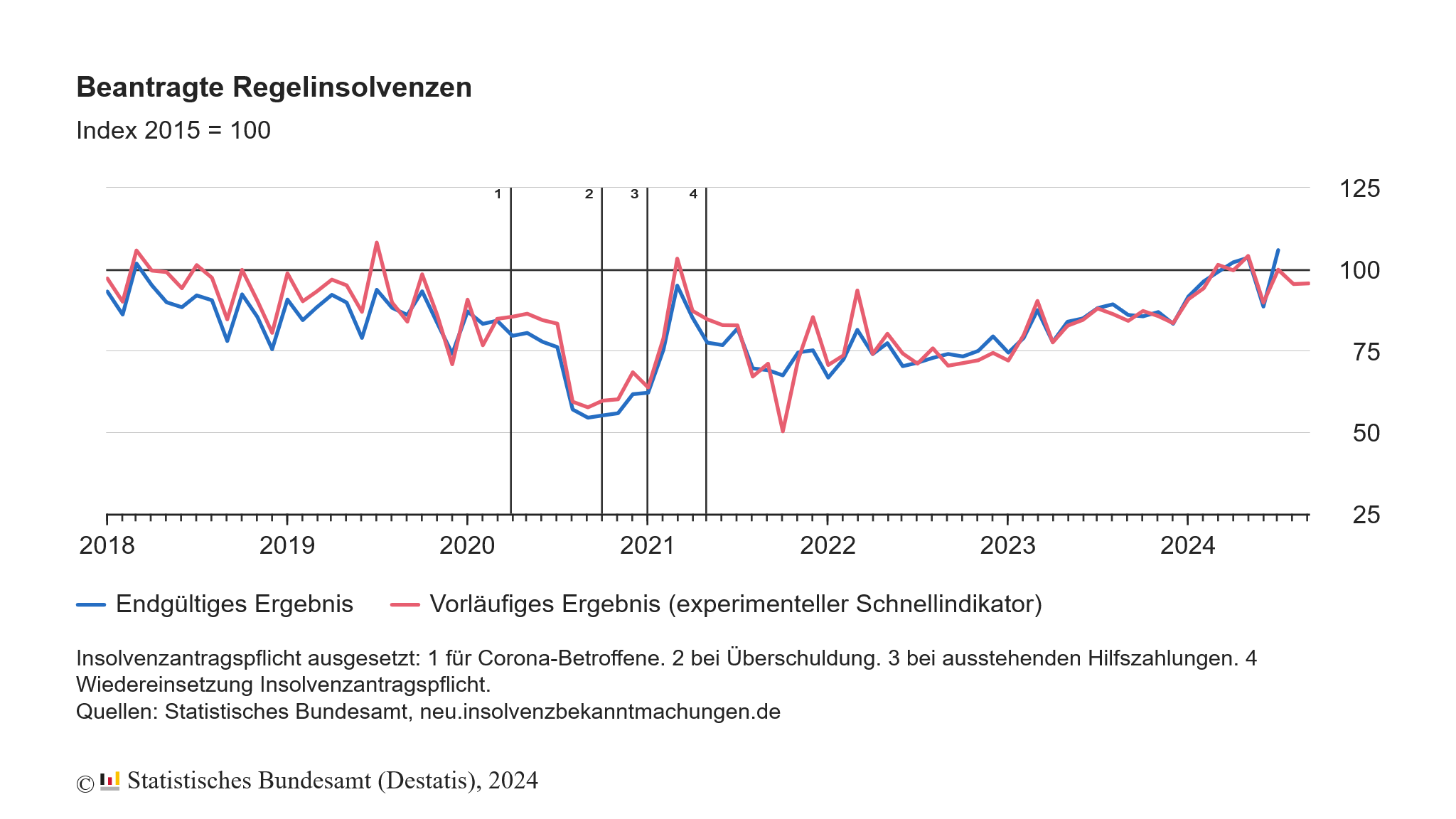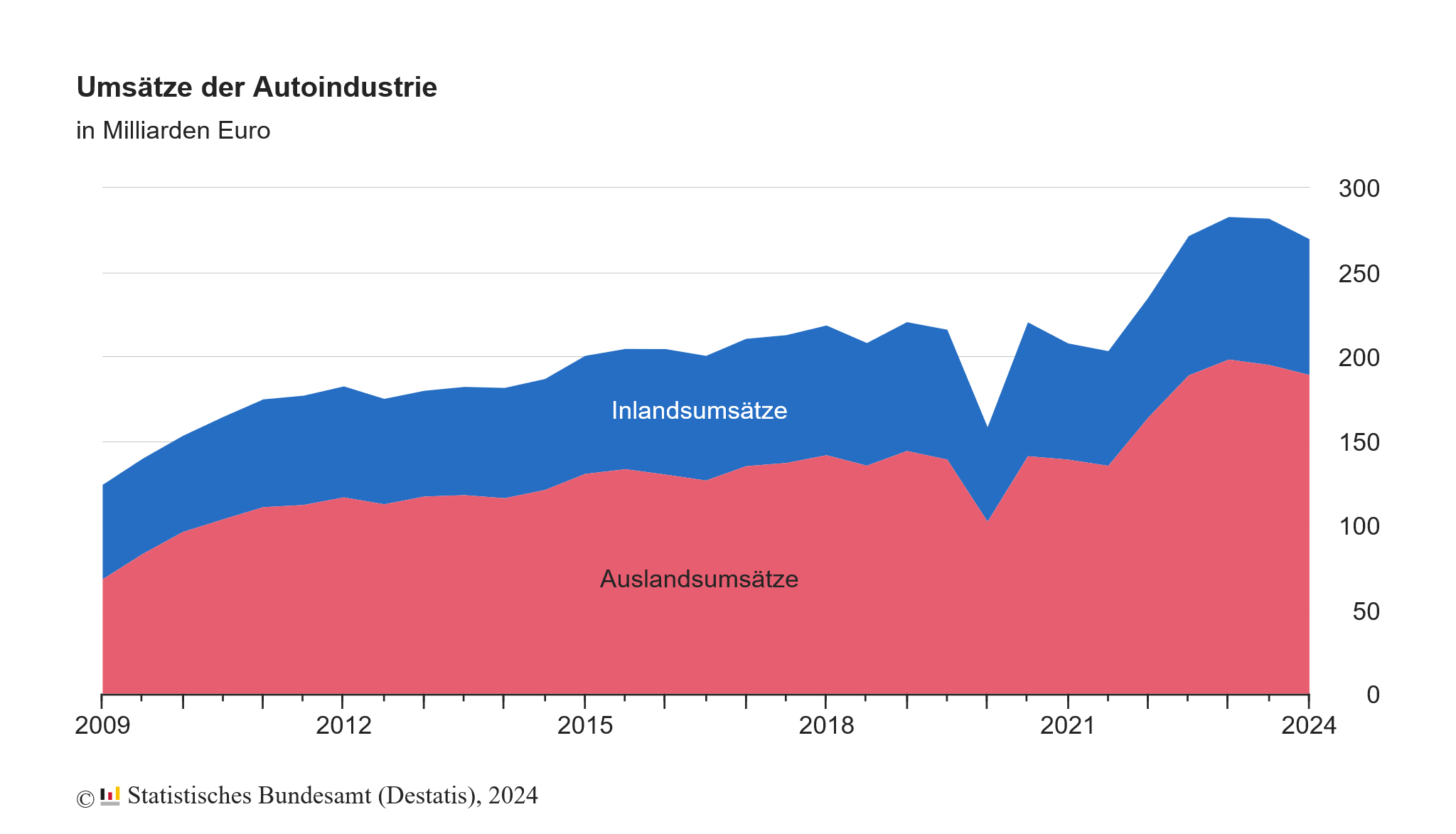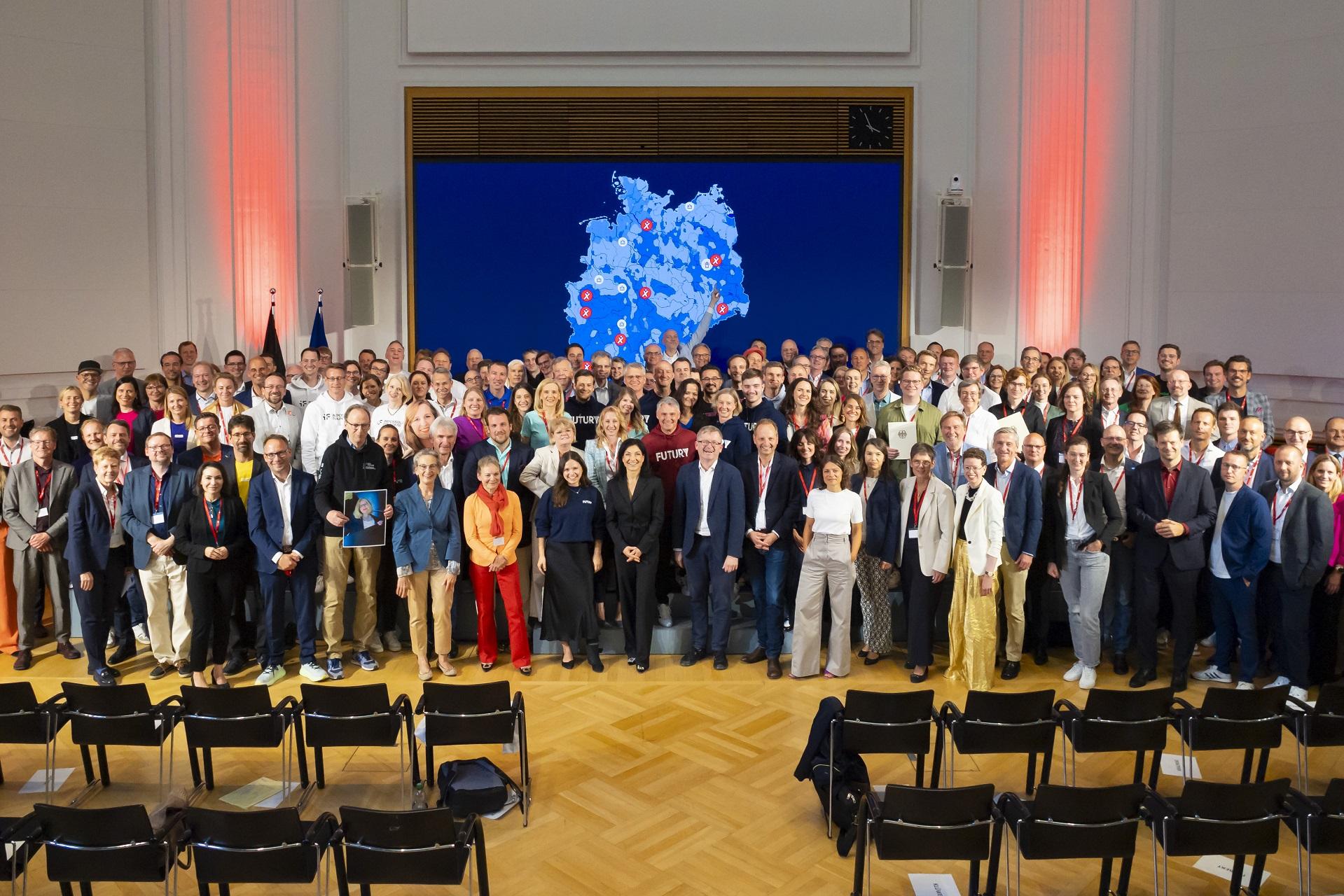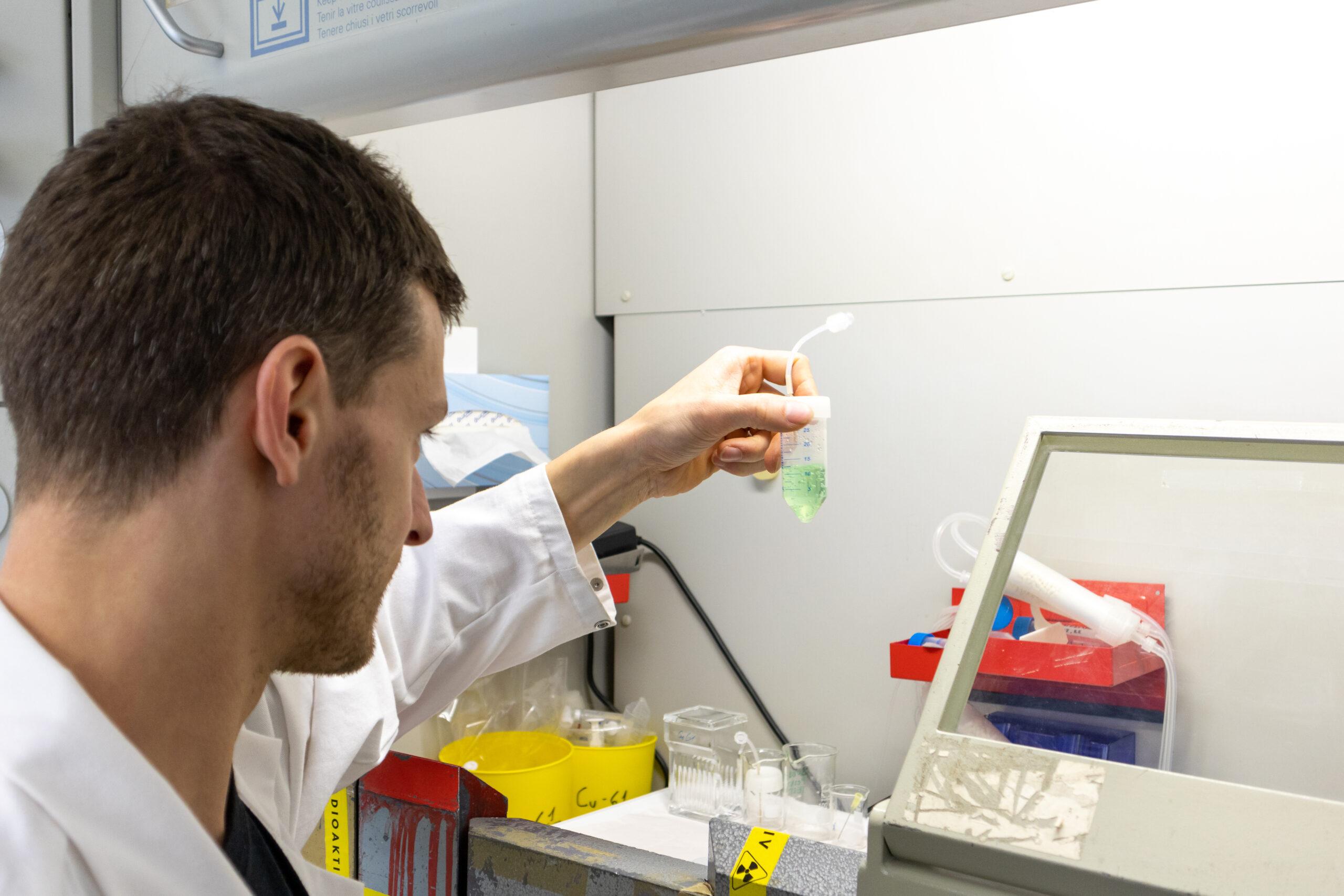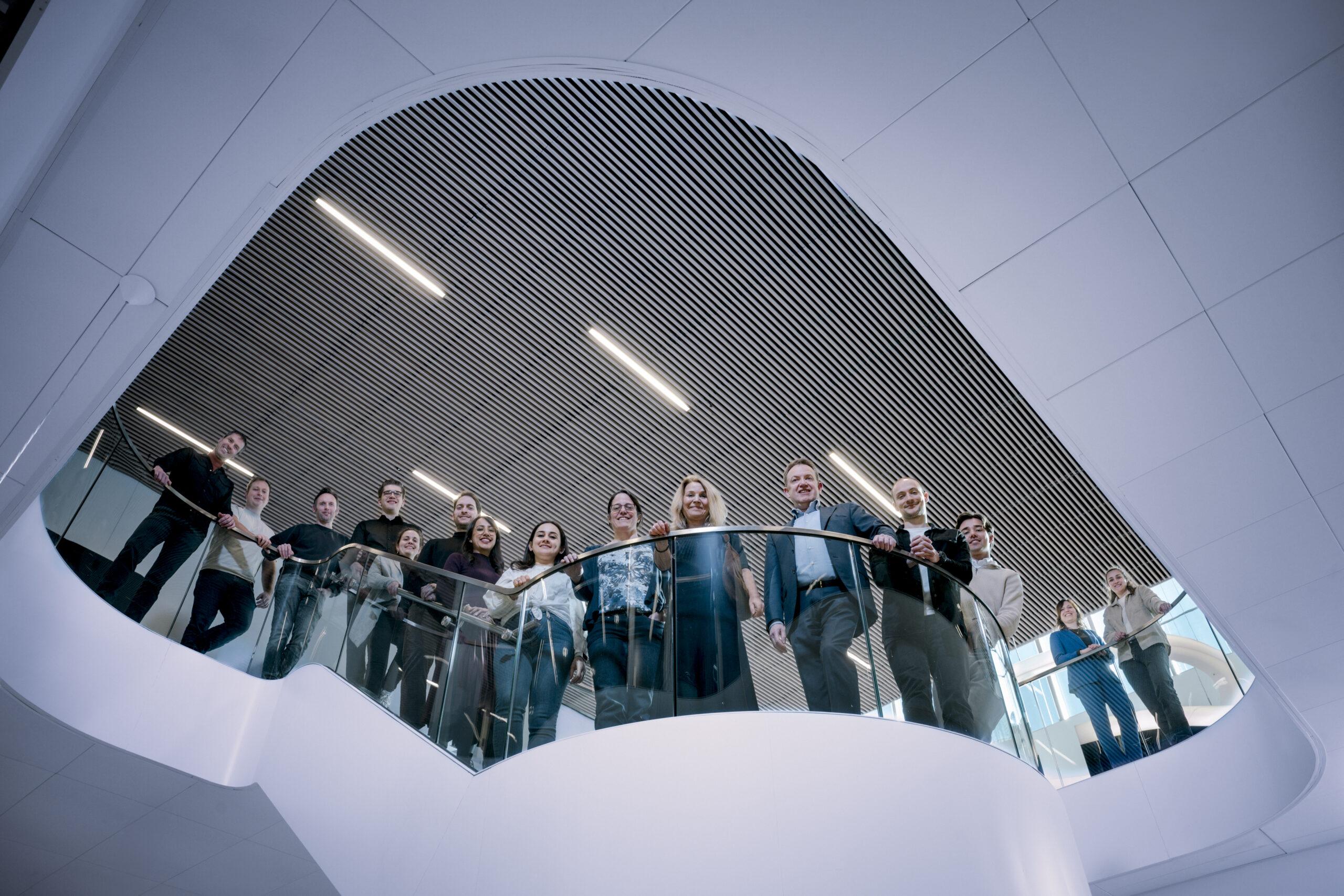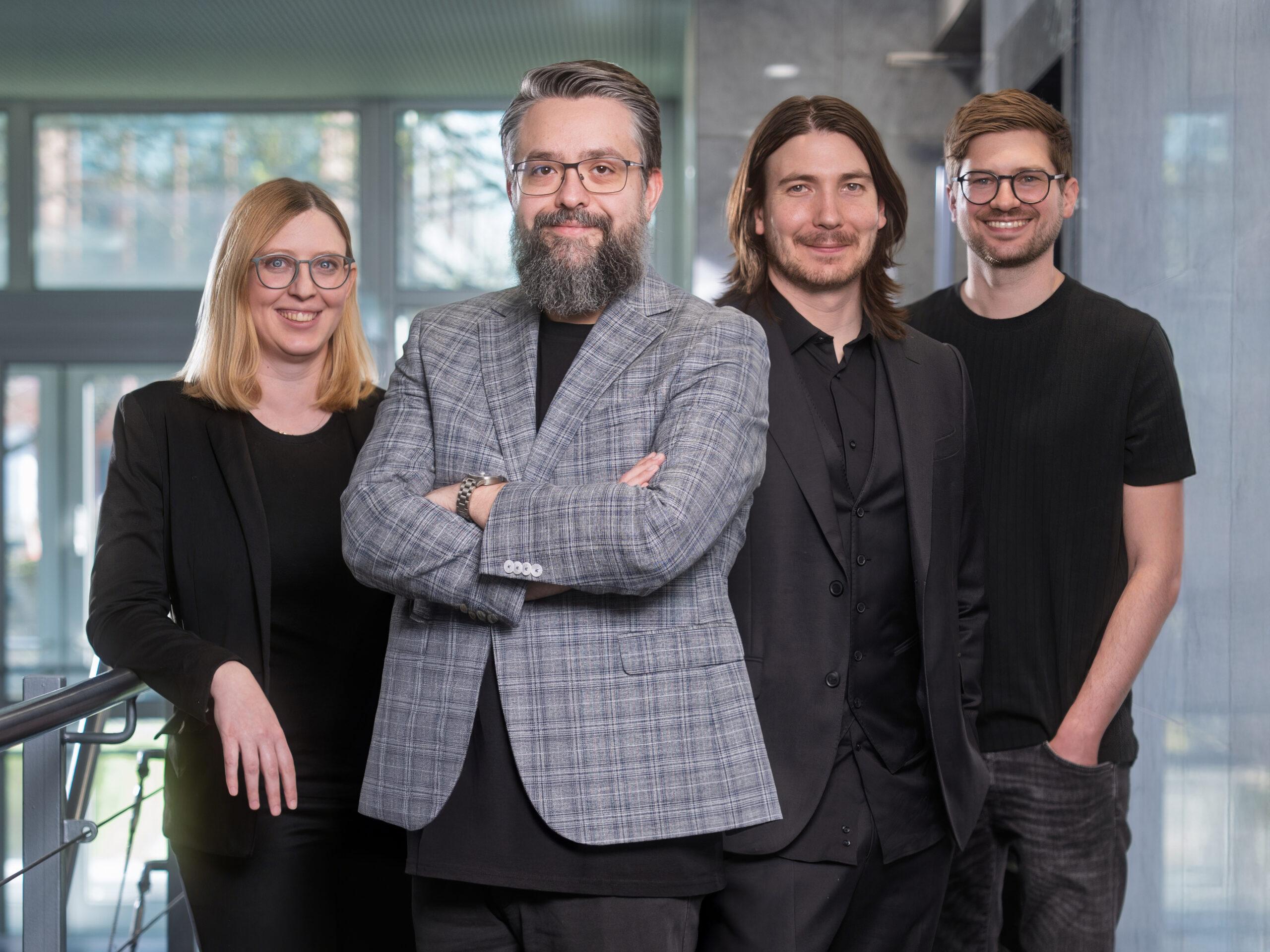Decrease in energy consumption in industry by 7.8 percent in 2023

Energy consumption in German industry fell again by 7.8% in 2023. Energy-intensive sectors were particularly affected, recording a significant decline in production.
WIESBADEN - Energy consumption in German industry fell significantly once again in 2023. According to the Federal Statistical Office, consumption amounted to 3,282 petajoules, a decrease of 7.8% compared to the previous year. Energy consumption in industry had already fallen by 9.1% in 2022. The decline is linked to falling production, particularly in the energy-intensive sectors, which recorded a fall in production of 11.2 %.
Main use of energy sources for electricity and heat generation
91% of the energy sources used in 2023 were used to generate electricity and heat, while the remaining 9% were mainly used in the form of petroleum products and natural gas as a raw material for chemical products, fertilizers or plastics. Despite a decline of 6.4%, natural gas remains the most widely used energy source with a share of 28%, followed by electricity (21%), petroleum products (16%) and coal (15%).
Chemical industry is the largest energy consumer
With 26.5% of total energy consumption, the chemical industry was once again the largest energy consumer among the industrial sectors, followed by metal production and processing (23.9%) and coking plants and mineral oil processing (10.3%). In the chemical industry, however, almost a third of energy sources (31.6%) were used as raw materials and not for energy.
Effects of the energy transition and challenges in the energy market
Despite progress in the expansion of renewable energies since the energy transition, Germany remains one of the most expensive countries for energy. The decommissioning of nuclear power plants has led to an increased reliance on coal power. As a result, Germany currently has one of the most emissions-intensive energy mixes in Europe, despite the green transition it is striving for. Although there is occasionally excess capacity on sunny and windy days, this is often exported at below production costs. At the same time, Germany is dependent on expensive imports of nuclear power from neighboring countries during periods of low domestic production.
Future prospects for German industry and start-ups
It remains to be seen how the industry can hold its own in this complex environment in the long term. If a viable solution is not found quickly, more and more industrial jobs in Germany will move away. If this happens, they will be permanently lost even with a change in policy.
The significant decline in the German energy market brings both opportunities and risks for start-ups. On the one hand, new opportunities are opening up: Startups can develop sustainable technologies, energy efficiency solutions and alternative energy sources that support industry and SMEs in reducing costs. On the other hand, high energy costs and uncertainties on the market also harbor risks for start-ups - especially for energy-intensive start-ups, whose competitiveness could suffer as a result of rising costs.

Newsletter
Startups, stories and stats from the German startup ecosystem straight to your inbox. Subscribe with 2 clicks. Noice.
LinkedIn ConnectFYI: English edition available
Hello my friend, have you been stranded on the German edition of Startbase? At least your browser tells us, that you do not speak German - so maybe you would like to switch to the English edition instead?
FYI: Deutsche Edition verfügbar
Hallo mein Freund, du befindest dich auf der Englischen Edition der Startbase und laut deinem Browser sprichst du eigentlich auch Deutsch. Magst du die Sprache wechseln?
